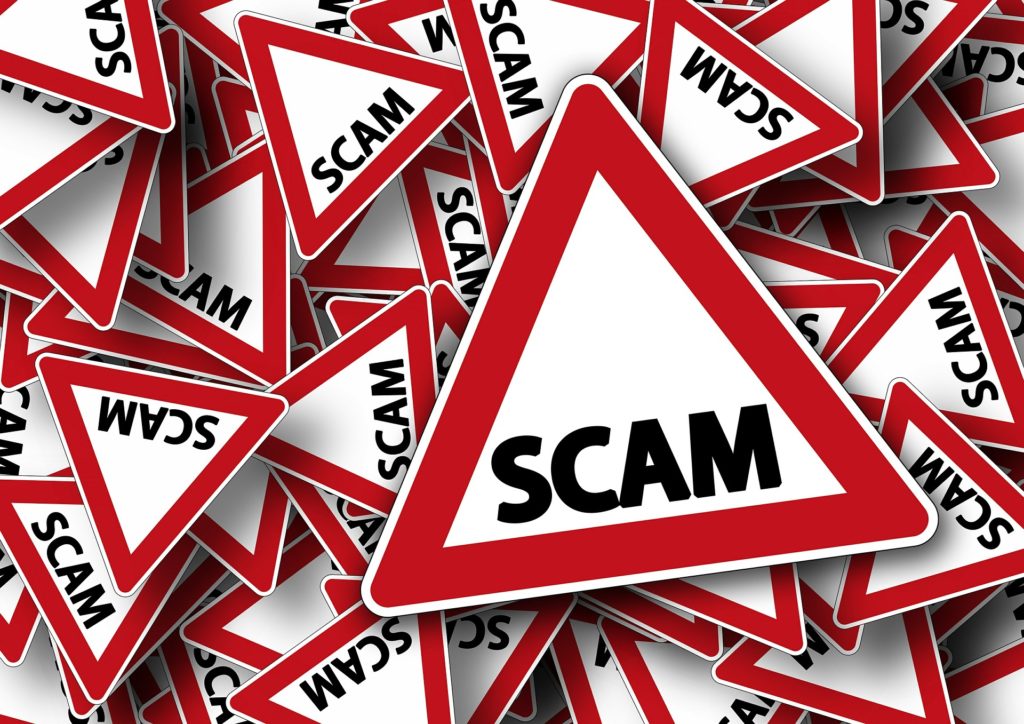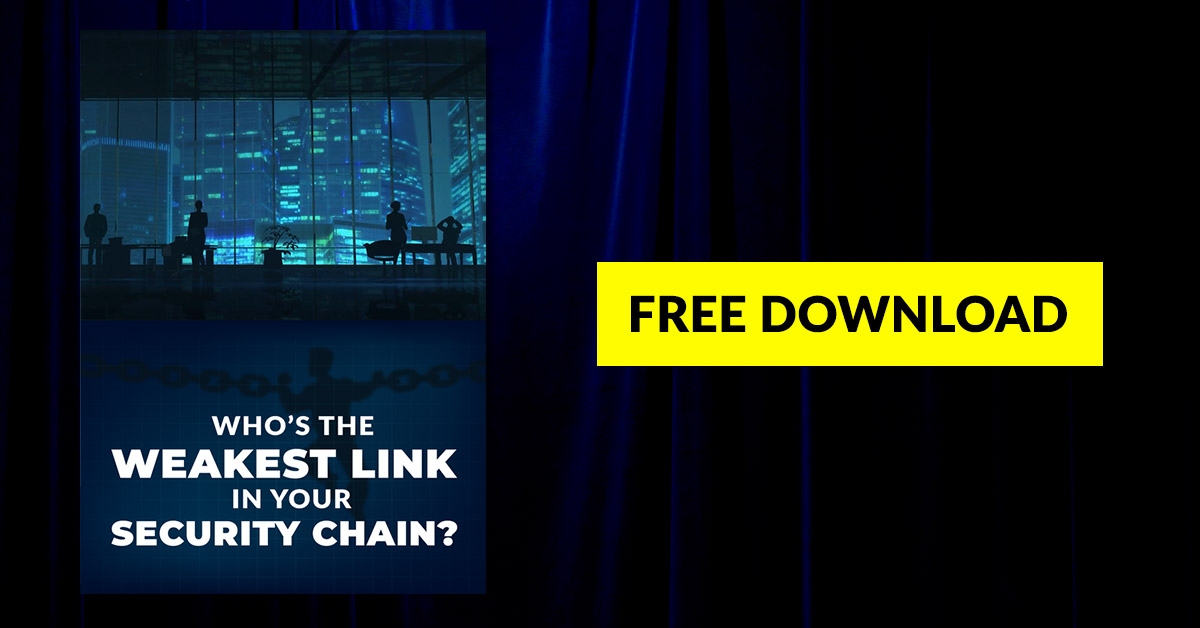Almost every day I hear about another person becoming the victim of fraud or a scam of some sort. Whether it’s Bank Fraud or Ransomware there are many risks out there. I hate seeing friends, family or clients fall victim. I’ve written a Basic Guide to Internet Security in the past, and over the next 2 weeks, I am happy to provide further advice to avoid scams and fraud. Let’s get right to the tips.
If It Sounds Too Good to Be True. . .
Chances are it is. Many scams can be found within job postings on sites like Kijiji. They will offer a lot of money for very little work. Sounds like a dream job, right? Probably more like a nightmare. You’ll often find that before you start working, you’ll be required to send your new employer money for something or rather. And after they get the money? You never hear from them again. Avoid any job offerings that claim to pay with Western Union, or something similar, or who send you a check, ask you to deposit it and then send most of the money to them through a wire transfer. The check will clear at first, but then bounce – And you’ll be responsible. My wife actually investigated one of these scams once. She had them send her the check, but instead of depositing it, she called the business the check was from and inquired about it. They hadn’t written the check and would have contested the fraudulent check once it was deposited. The scammer wasn’t too happy, but my wife avoided the financial backlash of unwittingly being party to fraud.
Think Before You Click
Scammers will often send you e-mail or text messages that appear to be from respected businesses or financial institutions. I’m always getting text messages from banks saying there is a problem with my account and I need to log in to online banking to fix it, or I might lose money to high account fees. They include a link that will lead to a phishing site and the scammer will steal your bank login if you enter it. It’s simple to avoid getting tricked by these. Simply bookmark your online banking site and only access it through that bookmark, never clicking a link in a text message or email that claims to be from your financial institution. If you feel like the message is legitimate and you fear a financial loss if you don’t take action – Call your bank branch or head in and talk to someone. DO NOT CLICK THE LINK.
If you receive an e-mail from a friend or family member that seems off – it uses language, grammar or spelling that they wouldn’t – delete it. Do not open any attachments from it or click any links. Often times, a scammer or virus will gain control of someone’s e-mail and send messages to everyone in their address book in the hopes of spreading the virus or tricking the recipient into whatever scam they are running, using the familiar name and e-mail address to put you at ease. If you get an e-mail that is suspicious in any way, contact the friend or family member to ask if they sent it. You might alert them to scam using their e-mail address and they can let their friends know not to click on it!
Online stores will often send promotional e-mails to you. Scammers know this and will often copy those e-mail layouts and set up websites that look like the original store, hoping to capture your credit card info and take off with it.
Do Some Research
Related to the last tip, it’s a good idea to do some research any time you come across an e-mail, text message or website asking for money. Check out the company by searching for them with your favorite search engine. Look for things like business listings on Google that include photos of the company. It’s pretty easy to set up a fake business, but scammers often don’t include photos, so that’s a good watch out. Ask a friend or family member if they have heard of the company. Maybe get them to take a look at it – Another set eyes might catch something you don’t. Scammers will often try to force you to take action right away through limited time offers or other means because they don’t want you to have time to discover their deception.
Have Strong Passwords
This is important and I see time and time again it is neglected by my friends and clients. Weak passwords and repeated passwords make it easy for scammers and hackers to take control of your digital life. I’ve written about this previously and recommended the use of a password manager like our Password Vault powered by Keeper Security to help you make and use better passwords. It comes down to using difficult to guess passwords and not using the same password for multiple accounts. Your e-mail password is especially important since with access to your e-mail someone can take over most of your online accounts by resetting the passwords, locking you out in the process.
Are Your Secret Questions Secret?
Most accounts you create online will include answering several security questions that will be used if you ever forget your password to help you get back into your account. The problem is, most of the answers to these questions can be found online with ease. The other day I saw a Facebook post that I suspect was originally made by someone wanting to steal online accounts. It was a post with about 20 questions about your life that you’re supposed to answer and then pass on to all your friends for them to answer. On the surface, this seems like a fun way to get to know each better. The problem? All of the questions were ones you find on a password reset form. “What was your mother’s maiden name? What was your first pet’s name? What was the first car you owned? Who was your best friend in school?” All a scammer needs to do is find one of these filled out and they can probably reset the password for most of your digital life! So the next time a friend shares a questionnaire and asks you to fill it out, consider what questions are on it and what you want people to know. What people might be able to do with that knowledge. You also want to choose security questions that are difficult for others to find the answer or guess.
Social Security
No, not your SSN (if you’re reading from the US, check if Equifax leaked yours!), but your social media security. This goes hand in hand with the last one. If your social media is locked down to just people you know, the chances of a hacker/scammer getting the information is lower. Each social media account has it’s own privacy settings. I advise you to familiarize yourself with them and make sure you aren’t sharing more than you intend to.
E-mail Security is REALLY important
I have mentioned this before, but I feel it really deserves its own section. A hacker, scammer or otherwise malicious person can do so much damage if they can gain access to your e-mail. After changing your password, they’ll probably send messages to everyone in your address book, either trying to infect their systems or scam them out of money. Then they’ll look through old messages and find where you bank, where you shop and where you have online accounts. Then they’ll start attempting to reset your passwords for your banking, shopping and other accounts using the reset password option most sites have that send a link to your e-mail address, which they now have control of.
I hope these are helpful and might keep you from getting scammed. Please share this with your friends and family so that they can protect themselves from scammers and fraud. Check back next week for Part 2 where We’ll look at more online scams and some local offline scams happening in the Lethrbidge area.
Do you need help avoiding Scams and Fraud? Book an Appointment to get Y-Not Tech Services help.




